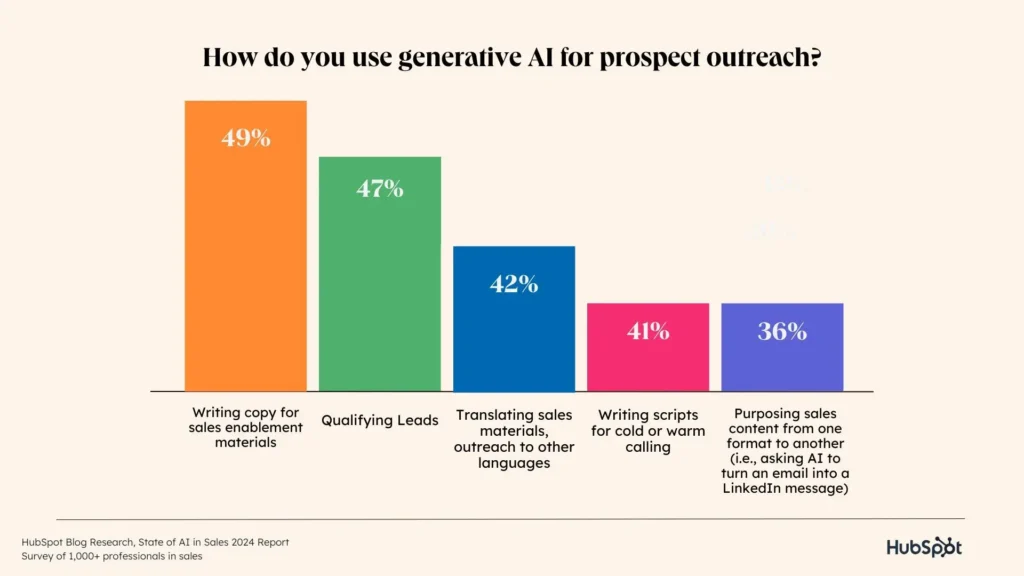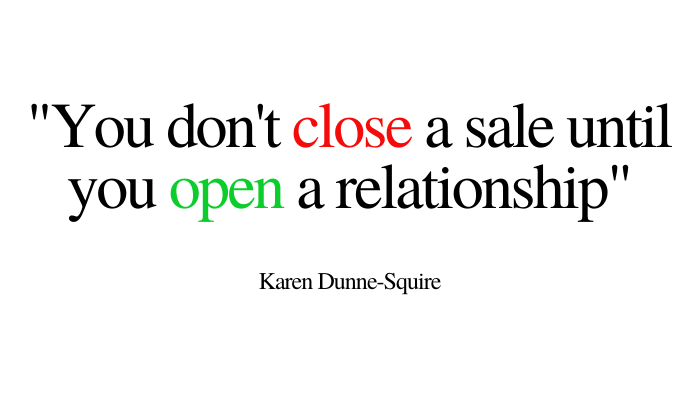We live in a world where “automation” is the buzzword du jour. It’s everywhere—your coffee machine is probably smarter than you think, your emails are half-written before you even get to them, and let’s not even talk about those self-checkout machines at the grocery store (because, really, why do they always need assistance right when you’re in a rush?).
In the middle of all this technological wizardry, though, there’s something we seem to be forgetting—the human touch. You know, that thing that makes you feel like you’re actually interacting with a person and not a robot pretending to care about your day. So today, we’re diving into the age-old question: How do we find the balance between automation and the human touch, especially when it comes to communication in business?

The Magic (and the Madness) of Automation
Let’s start by acknowledging that automation is amazing. It saves us time, increases efficiency, and frankly, keeps us sane in an increasingly fast-paced world. Think about it: Would you really want to go back to the days of manually filing paperwork or sending out individual emails to every single person on your contact list? Didn’t think so.
Automation is especially great for all the boring, repetitive tasks that no one really wants to do. Scheduling meetings? Automated. Sending out invoices? Automated. Remembering your coworker’s birthday even though you’ve only met them twice on Zoom? Yep, automated.
But here’s where it gets tricky: in the quest to automate everything, there’s a danger of losing something important—the personal connection.
The Human Touch: Why It Still Matters
Remember the last time you received a handwritten thank you note? Or when someone followed up with you after a meeting and referenced something you talked about—like that random bit about your love of 90s sitcoms? Those little touches stick with you because they feel real, thoughtful, and, well, human.
In business, the human touch is the difference between feeling like you’re interacting with a faceless corporation and feeling like someone genuinely cares about you and your needs. And it’s not just about making people feel warm and fuzzy (although that’s always nice); it’s also about building trust, rapport, and long-term relationships.
People do business with people they like—and that’s hard to achieve when everything feels robotic and impersonal.
Striking the Balance: Where AI Comes In
So, how do we find the balance? Enter Skail. Unlike traditional AI personalized email solutions that either automate everything or, on the flip side, require you to do all the heavy lifting, Skail walks that perfect middle ground. It combines the efficiency of automation with the personalization of human communication, giving you the best of both worlds.
Skail doesn’t just spit out templated emails—it learns your tone, your quirks, and your style. It’s like having a digital clone that can send out messages on your behalf while still sounding like you. This means you can scale your communications without losing that personal touch that makes business relationships special.
The Benefits of Automation (When Done Right)
There’s no denying that automation, when done right, can make your life infinitely easier. Here’s how it can work for you:
- Time-saving: Let’s face it, no one has time to craft personalized emails to hundreds of clients every day. Automation allows you to maintain those connections without sacrificing your schedule.
- Consistency: Automation ensures that everyone gets a timely response, no one slips through the cracks, and your message stays on brand.
- Efficiency: Need to send out reminders or follow-ups? Set it and forget it. Automation handles the heavy lifting so you can focus on what really matters—growing your business.
But What About the Personal Touch?
This is where Skail shines. While other AI personalized email solutions may make your life easier, they often come at the expense of personalization. Skail, on the other hand, is all about you. It’s designed to understand your personality, your voice, and your unique way of doing things. So, even when you’re automating your communications, they still feel authentic and human.
Here’s how Skail brings the human touch into automation:
- Personalized Messaging: Skail creates unique, thoughtful messages for each recipient, ensuring that no one gets a cookie-cutter email.
- Relationship Building: With Skail, you can send out more communications without sacrificing the personal connection that’s so crucial to building trust and rapport.
- Efficiency + Authenticity: By blending automation with your personal style, Skail helps you scale your communication efforts while maintaining authenticity.
Finding the Sweet Spot
At the end of the day, it’s all about balance. Automation can help you manage the volume of tasks, but the human touch is what turns those tasks into meaningful interactions. With the right tools—like Skail—you can have the best of both worlds: the efficiency of automation and the warmth of human connection.

Think of it like baking a cake (because why not?): Automation is the flour, sugar, and eggs—it’s the foundation of the process. But the human touch? That’s the frosting, the decorations, and that little extra something that makes the cake special. Sure, you could just eat the plain cake, but it’s the frosting that leaves a lasting impression.
Final Thoughts: Embrace the Blend
So, if you’ve ever felt like automation is a little too cold or impersonal, don’t worry—you’re not alone. The key is finding tools that allow you to automate the things that make sense, while still leaving room for the human touch where it matters most.
With Skail, you can streamline your communications without sacrificing the personal touch that makes your business unique. It’s automation but with heart. So, next time you’re crafting an email, ask yourself: How can I balance efficiency with authenticity? With Skail, you don’t have to choose—you can have both.
Now, go forth and automate responsibly!



